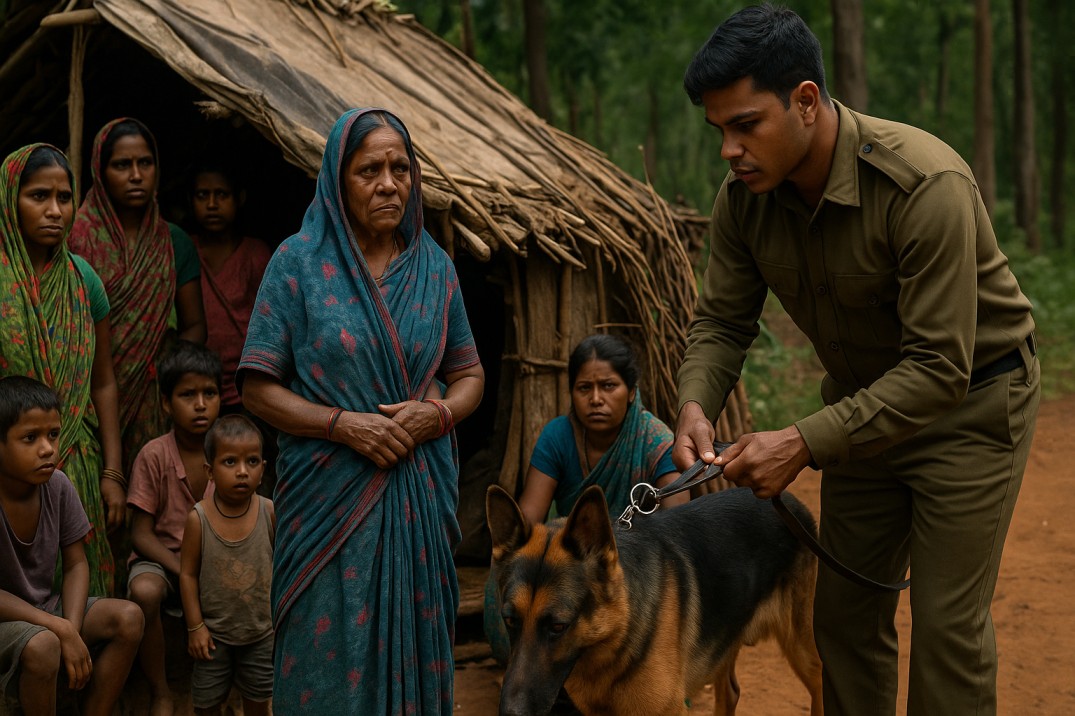Madhya Pradesh Government’s Tribal Surveillance Order Sparks Opposition
Morning Standard, June 10, 2024
The Controversial Order
On January 29, 2024, Madhya Pradesh’s Principal Chief Conservator of Forests (Wildlife), Shubhranjan Sen, issued an order that has triggered strong criticism. The directive called for extensive search and surveillance of nomadic tribes, particularly the Pardhi community—a Scheduled Tribe—across several forest circles including Narmadapuram, Seoni, Chhindwara, Betul, Bhopal, Jabalpur, and Balaghat.
The order instructed forest officials to:
- Conduct search operations at the homes of nomadic tribes with the help of dog squads.
- Report and document the presence of denotified tribes to the nearest police stations.
- Monitor trading activities of denotified tribes engaged in selling plastic household items, bedsheets, herbs, and plants—especially in tiger corridors.
The Justification
The government’s rationale lies in its fear of illegal poaching networks operating in forest areas. The order followed recent arrests of poachers:
- In January 2025, Maharashtra Forest Department caught the infamous poacher Ajeet Pardhi, who had been on bail since September 2024.
- Earlier, in July 2024, Madhya Pradesh officials had arrested the same individual after he had evaded law enforcement for 11 years.
Officials argue that heightened vigilance is necessary to curb poaching in ecologically sensitive tiger habitats.
The Concerns
However, experts, activists, and community leaders have raised serious objections. They point out that such sweeping surveillance measures:
- Violate the rights guaranteed under the Forest Rights Act (2006), which recognizes tribal communities’ rights over forest land and resources.
- Risk criminalizing entire communities based on stereotypes linking denotified or nomadic tribes with poaching.
- Undermine the peaceful enjoyment of traditional livelihoods, such as small-scale trading, gathering herbs, or making household items.
The Larger Debate
The controversy brings into focus the delicate balance between wildlife protection and tribal rights. While poaching is a real concern, blanket surveillance of marginalized communities risks reinforcing stigma against historically vulnerable groups like the Pardhis, who already face social exclusion and discrimination.
Conclusion
The Madhya Pradesh order has reignited the debate on how India manages its forests and wildlife without compromising the constitutional protections of its tribal citizens. Finding a middle ground—where conservation and community rights go hand in hand—remains the real challenge.








